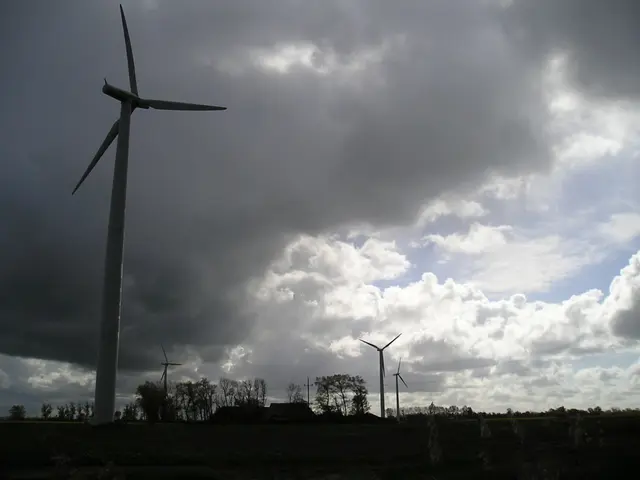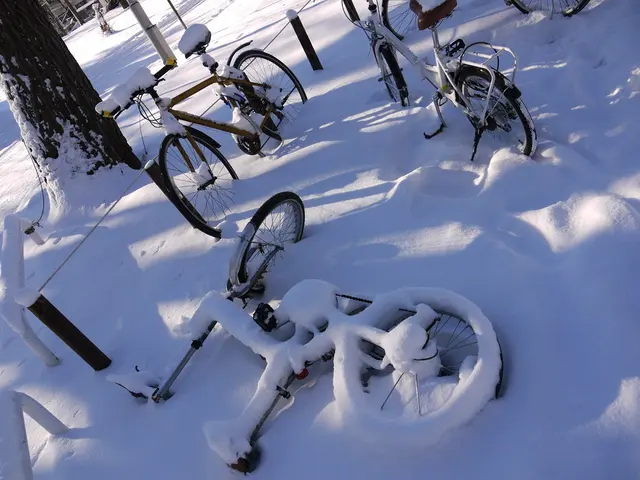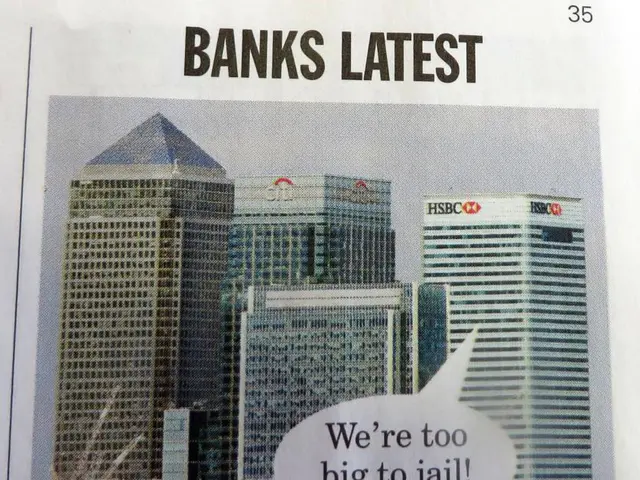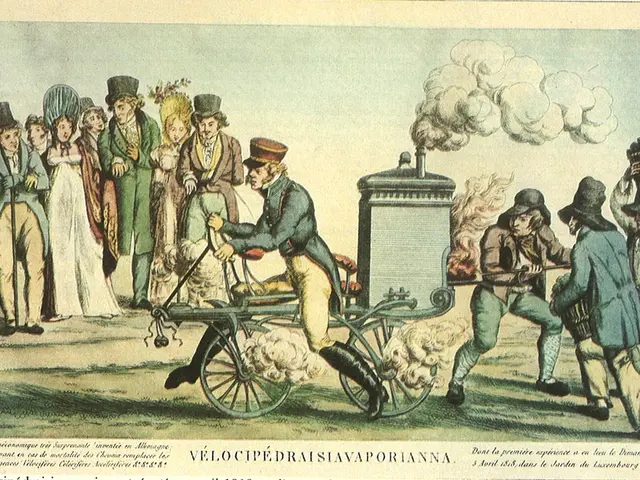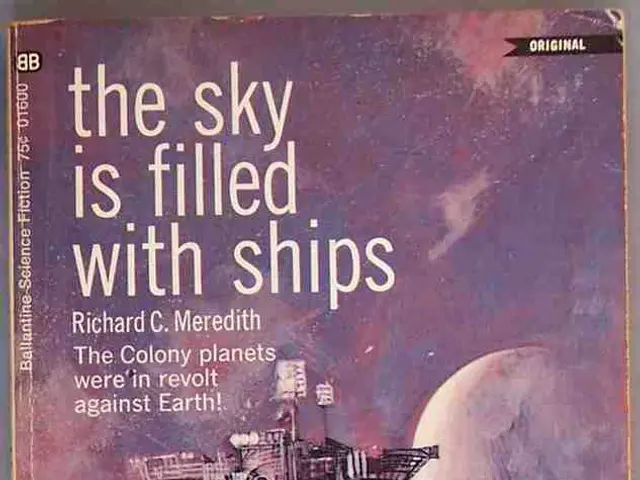Ukrainian President Zelensky asserts mineral trade with the United States as equally beneficial to both parties
In a major turn of events, Russia launched a brutal drone attack on the industrial heart of Zaporizhzhia, causing destruction and injuring 14 innocent civilians following Zelensky's plea for increased international pressure on Moscow to halt its unprovoked invasion.
This new Development and Investment partnership, ironed out after grueling negotiations, sees the US and Ukraine collaborating on reinvesting in Ukraine's precious mineral resources. Zelensky hailed this deal as a significant equal opportunity for substantial financial injection into Ukraine.
"The debt is nonexistent in this deal, and a recovery fund will be established to generate investments in Ukraine," he stated, emphasizing the deal's potential profit-earning capabilities.
The partnership's signing was initially scheduled for February, but a dispute between Trump and Zelensky stalled negotiations. However, after months of negotiation, the deal was finally sealed in April 2025.
Ukraine hopes this strategic collaboration will open the door for American security guarantees as it braces for potential future attacks from Russia. Ratification by Ukraine's parliament remains pending.
Trump initially labeled the arrangement a "money back" system for the aid Ukraine received during his tenure. But Kyiv and US officials clarified that the agreement signifies US support for Ukraine.
The new accord establishes a Joint Reconstruction Investment Fund. Profits generated during the first 10 years must be invested solely in Ukraine, with the option for profit distribution between partners thereafter.
This deal does not enforce specific US security commitments, but Washington argues that bolstering economic interests in Ukraine will deter Russian aggression. Moscow persists in attacking Ukraine relentlessly despite Trump's ceasefire efforts.
After the deal was signed, Zelensky urged allies to intensify pressure on Russia to instigate peace talks. The EU is reportedly drafting its 17th round of sanctions against Russia, with French Foreign Minister Jean-Noel Barrot labeling Putin as the "primary stumbling block" to peace in Ukraine.
Moreover, a bipartisan coalition of US senators, led by Lindsey Graham and Richard Blumenthal, have proposed legislation imposing sanctions on countries supportive of Russia if they hinder efforts to end the war.
Despite ongoing diplomatic rhetoric to end the conflict, initiated by the Kremlin over three years ago, Russia rejected a 30-day ceasefire proposal by the US and Ukraine in March, insisting on a suspension of Western military assistance to Kyiv.
The US has declared this week crucial in determining whether it will walk away from peace negotiations. US Vice President JD Vance expressed optimism about halting hostilities, stating that the final steps depend on Ukraine and Russia. However, Secretary of State Marco Rubio admitted that the US may withdraw from the peace process due to pressing global concerns.
Putin has declared a three-day truce during May 8-10 celebrations marking the 80th anniversary of World War II Victory Day. Yet, concerns persist over the long-term sustainability of the fragile ceasefire.
- The United States and Ukraine have collaborated on a new Development and Investment partnership, focusing on reinvesting in Ukraine's precious mineral resources.
- This partnership, signed in April 2025, follows months of grueling negotiations and was initially scheduled for February.
- Zelensky, the Ukraine president, hailed this deal as a significant equal opportunity for substantial financial injection into Ukraine.
- The partnership does not enforce specific US security commitments, but Washington argues that bolstering economic interests in Ukraine will deter Russian aggression.
- After the deal was signed, Zelensky urged allies to intensify pressure on Russia to instigate peace talks.
- A bipartisan coalition of US senators, led by Lindsey Graham and Richard Blumenthal, have proposed legislation imposing sanctions on countries supportive of Russia if they hinder efforts to end the war in Ukraine.
- Despite Putin's declaration of a three-day truce during May 8-10 celebrations marking the 80th anniversary of World War II Victory Day, concerns persist over the long-term sustainability of the fragile ceasefire.

